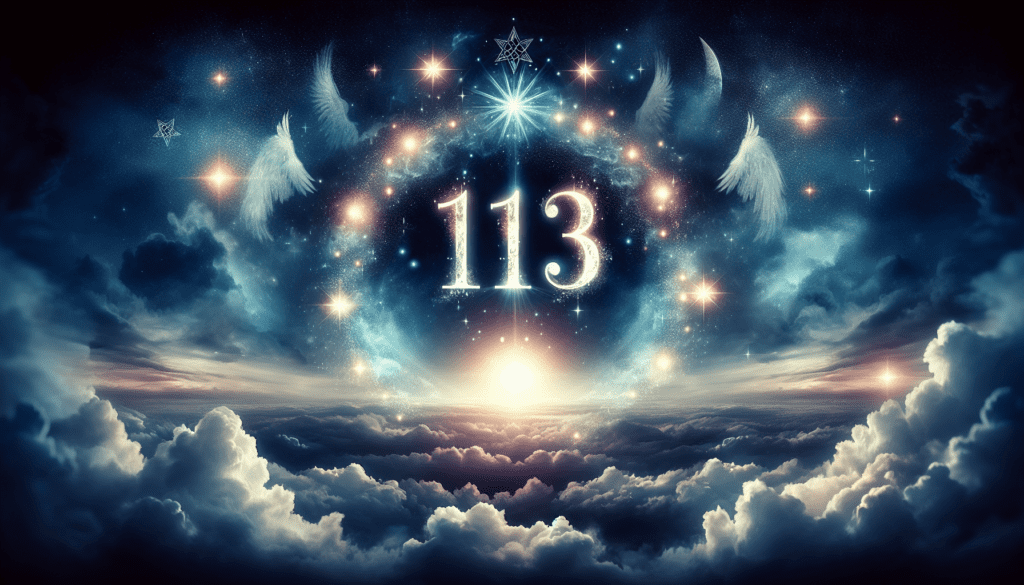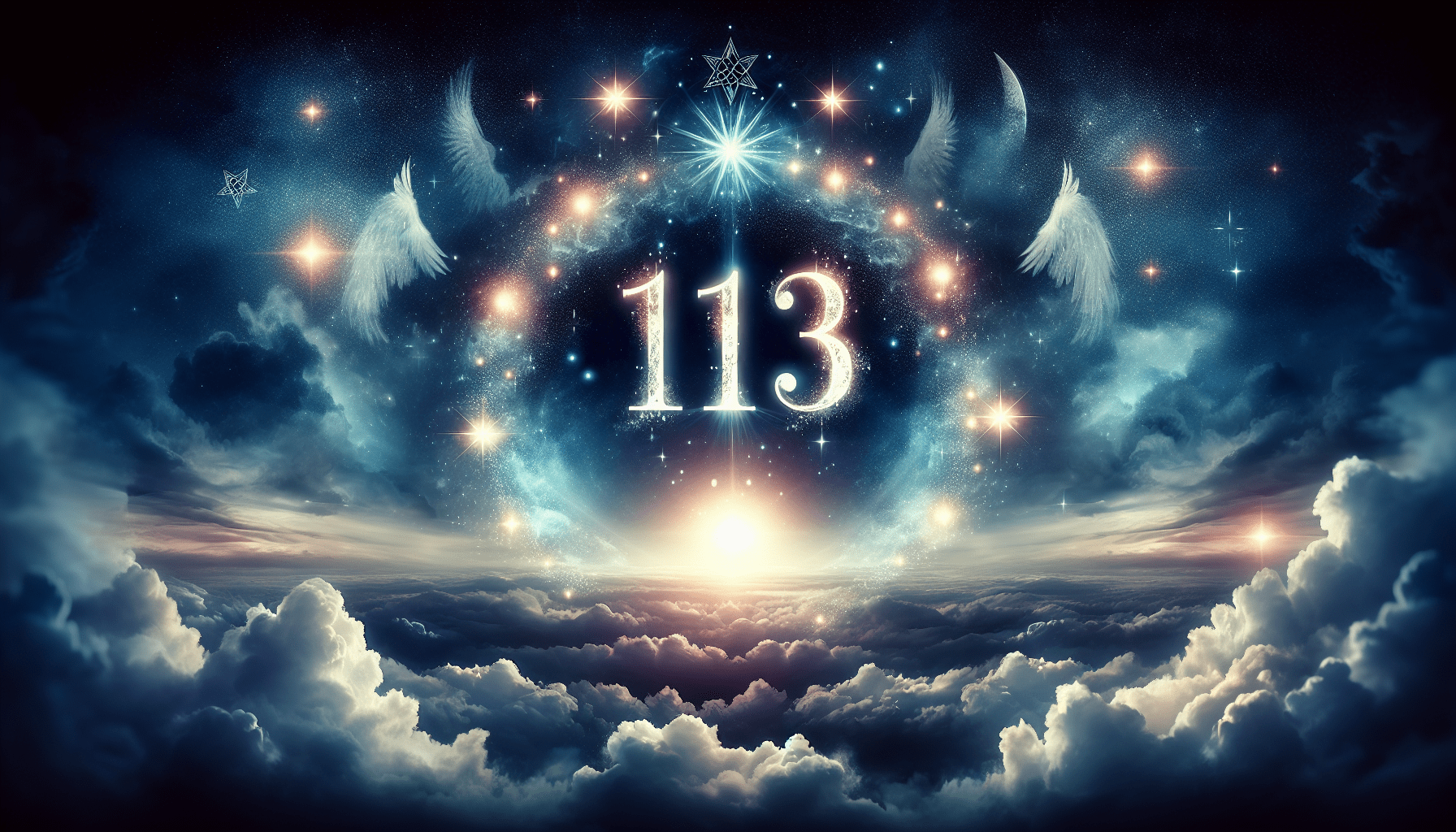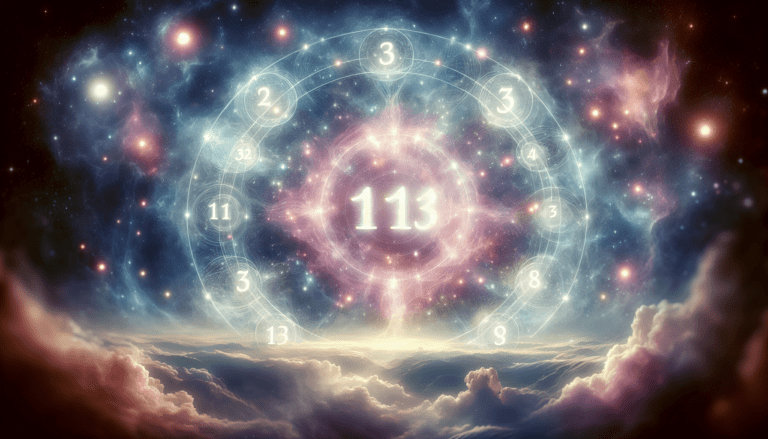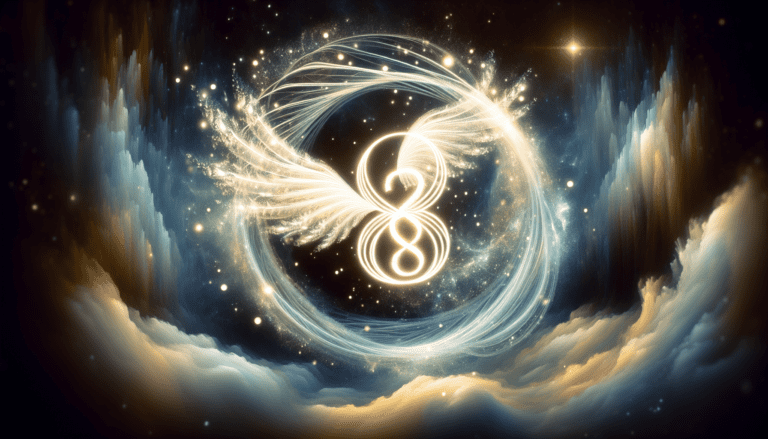What Religion Do Angel Numbers Come From?
Have you ever wondered about the roots and origins of angel numbers? These sequences of numbers—often seen repeatedly in various forms—have captivated the curious minds of many. But what exactly are angel numbers, and from which religion do they emerge? Let’s explore these enigmatic numbers to understand their cultural and spiritual significance.

What Are Angel Numbers?
Angel numbers are sequences of numbers that are believed to carry spiritual significance. People who identify these sequences often believe that they are messages from a higher power or spiritual beings. Typically, these numbers appear repeatedly in everyday life, such as on clocks, license plates, or even receipt totals.
How People Typically Encounter Angel Numbers
You might notice angel numbers in several different contexts in your daily life. They can appear when you glance at a clock at precisely 11:11, or perhaps when you consistently see the number 444 in various places. These recurring numbers are usually not given any special notice until one begins to see them with some frequency, prompting questions about their possible meanings.
Common Angel Numbers and Their Meanings
Here are some of the most commonly reported angel numbers and their generally accepted meanings:
| Angel Number | Common Interpretation |
|---|---|
| 111 | Intuition, insight, and alignment with a divine purpose |
| 222 | Balance, harmony, and faith in the process |
| 333 | Encouragement that you are on the right path |
| 444 | Protection from angels or spiritual entities |
| 555 | Major life changes and transformations |
Origins and Cultural Significance
While angel numbers are often discussed in modern spiritual circles, their roots are surprisingly eclectic, drawing from various religious and cultural traditions.
Numerology
The concept of these numbers largely fits within the framework of numerology, which is the study of the mystical relationship between numbers and events. Numerology is an ancient practice with its origins in several early cultures, including those of Babylon and Egypt.
Ancient Civilizations
In ancient Egypt, numerology played a significant role. The Egyptians assigned meanings to numbers and believed that numbers were a form of divine communication. Similar beliefs can be found in ancient Greek and Roman culture, where numbers were considered to influence human lives in mystical ways.
Influence of Pythagoras
The Greek philosopher Pythagoras was one of the earliest to explore the spiritual significance of numbers systematically. His followers believed that numbers had their own unique vibrations and could convey deeper truths about the universe.
How Angel Numbers Are Used in Different Religions
Angel numbers, as a concept, do not strictly belong to any single religion. Instead, they have permeated multiple spiritual traditions. Here is a look at how different religions and spiritual systems view numbers and their significance.
Christianity
In Christian ideology, numbers often have symbolic meanings. Numbers like 3, 7, and 12 frequently appear in the Bible and are considered to signify completion, divine perfection, and other spiritual truths. Christianity does not explicitly refer to “angel numbers,” but the use of numbers for spiritual guidance is prevalent.
Judaism
Judaism also assigns spiritual significance to numbers. The Kabbalah, for instance, contains a numerical system called “Gematria” in which letters have numerical values, and these values are used to find hidden meanings in texts.
Hinduism and Buddhism
In Hinduism, numbers have deep spiritual meanings and are often used in rituals and prayers. For example, the number 108 is considered sacred and is frequently used in meditative practices. Buddhism also adheres to certain numerical traditions, such as the Eightfold Path and the Four Noble Truths.
Modern Spiritual Interpretations
In contemporary times, angel numbers have seen a resurgence in popularity, especially within the New Age movement. This spiritual movement espouses a more individualized belief system, often combining elements from various religions, including Eastern spirituality, Western esotericism, and modern psychology.
Role in Astrology
Astrology has incorporated angel numbers as part of its practice. Modern astrologers often use these numbers to provide additional insights during readings, suggesting that the presence of certain numbers could highlight specific astrological energies or events.
Integration with Personal Development
Today, many people see angel numbers as tools for personal development. The numbers are interpreted as messages from the universe that guide individuals in making life decisions, aligning with their true purpose, or navigating through challenging times.
Skepticism and Criticisms
While angel numbers have gained popularity, they are not without their critics. Skeptics argue that the concept lacks scientific basis and is often a form of cognitive bias known as “apophenia”—the tendency to see patterns in random data.
Scientific Perspective
From a scientific viewpoint, there’s little evidence to support the existence or efficacy of angel numbers. Critics claim that the human brain is wired to find patterns, and the recurrent sightings of these numbers could merely be a psychological phenomenon rather than a divine communication.
Counterarguments from Practitioners
Practitioners of angel numbers suggest that the lack of scientific proof does not necessarily disprove their validity. They argue that spiritual experiences often transcend empirical evidence and are inherently subjective.
How to Interpret Angel Numbers
If you are intrigued by the concept of angel numbers, you might want to know how to interpret these sequences. Interpretation can vary widely depending on the source, but here are some general guidelines:
Trust Your Intuition
Your intuition plays a crucial role in interpreting angel numbers. When you encounter a number, take a moment to reflect on your current situation and how the number might be relevant to your life.
Look for Patterns
Consider the context in which a number appears. Repeated sightings of the same number in a short period can be a more significant indication than seeing a number just once.
Consult Authenticated Sources
Many books and online resources can provide greater insights into the meanings of specific angel numbers. Make sure to consult reliable and well-reviewed sources to deepen your understanding.
Angel Numbers in Popular Culture
Angel numbers have permeated various facets of popular culture, from books and television shows to social media platforms.
Literature and Media
Books on spirituality and personal development often include sections on numerology and angel numbers. Additionally, television programs exploring paranormal phenomena frequently touch on the significance of seeing repeated numbers.
Social Media
On platforms like Instagram and TikTok, you’ll find numerous posts dedicated to angel numbers. These posts often provide quick interpretations and encourage followers to share their own experiences with these numbers.
Concluding Thoughts
Understanding the origins, interpretations, and cultural significance of angel numbers provides a fascinating glimpse into the intersection of spirituality and daily life. While the question “What religion do angel numbers come from?” doesn’t have a straightforward answer, it’s evident that these enigmatic sequences draw influences from various religious and spiritual traditions. Whether you see them as divine messages or just interesting patterns, the allure of angel numbers seems here to stay.
Exploring the background and modern interpretations of these numbers may offer you greater insight into their appeal. Whether you are a believer or a skeptic, the phenomenon of angel numbers provides a compelling case for the enduring human quest for meaning and guidance from the universe.
If you ever find yourself encountering a particular sequence of numbers repeatedly, take a moment to ponder its possible significance. Who knows? You might find a message that resonates with you deeply, offering guidance or comfort in your life journey.






